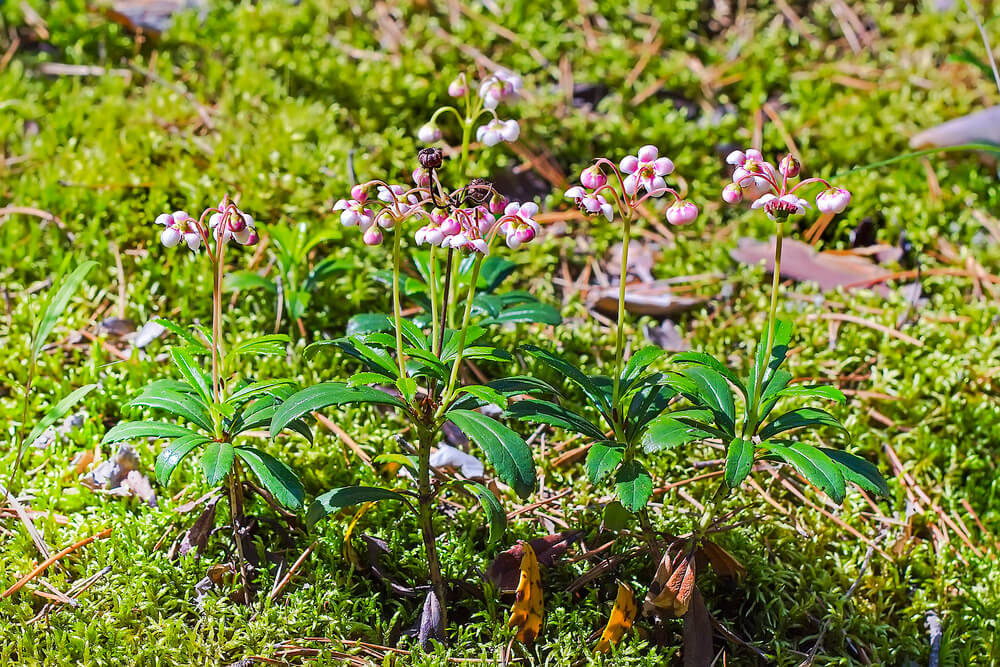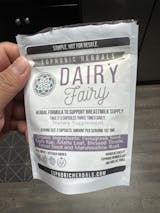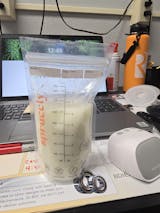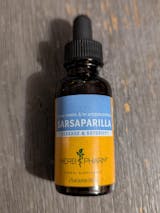Pipsissewa is a plant that has been used as a medicinal herb for hundreds of years, although not many people know about it today. It has some amazing benefits but should be used with restraint and respect because of its "at risk" status in the wild.
Here's more on the history of this fascinating plant, the top pipsissewa benefits, and how to use this herb yourself.
What is Pipsissewa?
Pipsissewa (Chimaphila umbellata) is a small, evergreen perennial that is native to various temperate regions in the Northern Hemisphere, including southern Canada and the northern United States. The plants grow only 4-10 inches tall and have deep green, glossy leaves that are whorled.
In summer, pipsissewa flowers with small white or pink blooms that eventually give way to fruit capsules. The fruit starts out a green color and matures to an attractive deep pink in the fall.
The botanical name of pipsissewa, Chimaphila, translates loosely to "winter loving," which is likely a reference to the evergreen leaves of the plant. These leaves are the most frequently used part of the plant for medicinal purposes, although the root can also be used and has been utilized as a traditional root-beer-like flavoring for soft drinks and candy.
Pipsissewa goes by other names like rheumatism weed, king's cure, ground holly, and bitter wintergreen. The last name could have come about because the leaves give off a smell not unlike wintergreen when rubbed.
It's important to note that a closely related plant, known botanically as Chimaphila maculata, also goes by the name of pipsissewa, but the two have different characteristics and cannot be used interchangeably.
Depending on where you live, you may be able to find pipsissewa growing nearby. However, you should be very cautious about harvesting it from the wild. This plant is on the United Plant Savers "at risk" list due to habitat destruction and overharvesting, so at this point it's best to only use cultivated pipsissewa unless you are sure it isn't at risk in your area.
Notable Benefits of Pipsissewa
Diuretic That Promotes Bladder/Urinary Health

Perhaps the biggest benefit of pipsissewa is its ability to promote kidney and urinary health. It does this mainly by acting as a diuretic, which means it flushes out toxins and excess fluid by promoting urination, and an antiseptic.
The leaves contain compounds that are similar to those in uva ursi (also called bearberry), which is another herb used to fight urinary tract infections and bladder inflammation. However, pipsissewa is gentler and milder than uva ursi.
According to herbalist Rosemary Gladstar, the name "pipsissewa" comes from a Cree word that means "to break into small pieces", referring to its ability to break up kidney stones so that they can be passed. (Gladstar. Herbal Recipes for Vibrant Health, pg. 356)
This is why pipsissewa was highly valued by certain Native American tribes and used for kidney stones, urinary infections, and cystitis (bladder inflammation). It continues to be used for these purposes today, usually in tea form.
You can try it for yourself as a single herb or in something like this Cranstat Extra formula that supports urinary health.
More Traditional Uses for Pipsissewa
Of course, pipsissewa has more than one benefit to it and has been used in multiple ways, particularly by Native American tribes like the Cherokees.
Because of its mild diaphoretic action, the plant was used for fevers (to help sweat them out) and colds. It was also used for joint pain, particularly in chronic issues like rheumatism. The bitter, astringent nature of pipsissewa made it valued for digestive issues, appetite stimulation, and certain respiratory complaints as well.
Interestingly, pipsissewa was also considered a tonic herb and used to help with recovery after a long illness. It was even used to alleviate snoring, which is a remedy many people could get excited about!
Skin Benefits of Pipsissewa
Pipsissewa isn't just beneficial when taken internally. Its astringent, antiseptic nature also makes it good as a skin wash or poultice.
Traditionally, the fresh leaves of the plant would be crushed and applied to bites, stings, scratches, sores, blisters, etc. Native Americans even used it for snake bites by both consuming the juice from the leaves and applying them as a poultice to the bite.
Though not as powerful as the fresh version, dried pipsissewa leaves can be crushed with a little water to make a poultice or made into a tea and used as a skin wash.
Modern Discoveries About Pipsissewa

Modern research has revealed a few more potential pipsissewa benefits. Extracts from the leaves were found to contain an antifungal agent by the name of chimaphilin and antioxidant properties that make it beneficial for overall health. (1)
It is also included in an herbal formula that has shown potential for treating benign prostatic hyperplasia. (1)
For the most part, however, pipsissewa has flown under the radar as a medicinal herb and has not attracted a lot of research attention yet. But given its status as an at-risk plant, this could actually be a good thing and prevent even more overharvesting from occurring!
How to Use Pipsissewa
The most common way to use pipsissewa is by making it into a tea or a stronger herbal infusion.
To do this, you can simply combine 1-3 teaspoons of dried pipsissewa leaf with hot water in a mug or glass jar. Cover and allow to steep for at least 10-15 minutes (longer for an infusion) before straining out the herbs. Sweeten your tea if desired and drink a few times daily.
Other ways of using pipsissewa include capsules and an extract or tincture. Follow the dosage listed on the bottle if you want to use either of these.
You can also find pipsissewa in certain herbal formulas, including this Cranstat Extra that combines cranberry extract, pipsissewa, and other herbs to support bladder and urinary tract function.
Precautions
There are no known precautions associated with pipsissewa, although taking large amounts of the herb may cause digestive upset. To avoid this, start with small amounts and keep your daily "dose" within recommended guidelines.
Consult a qualified herbalist or healthcare professional before using pipsissewa if you are pregnant, breastfeeding, or taking medication.
The Hidden Benefits of Pipsissewa
Though not a well-known herb, pipsissewa can be incredibly beneficial for your health when used in the right way. It's most frequently recommended for bladder and urinary tract support, although it has traditionally been used in many different ways.
If you think it could help you, why not give pipsissewa a try?
Disclaimer: This post is for informational purposes only. It does not constitute medical advice and should not be substituted for medical advice. Please consult your health care provider, herbalist, midwife, or naturopathic physician before taking herbs, supplements, etc. Here's the link to our full disclaimer.




























































































































































































